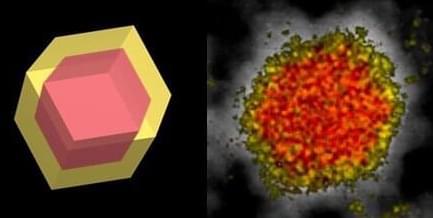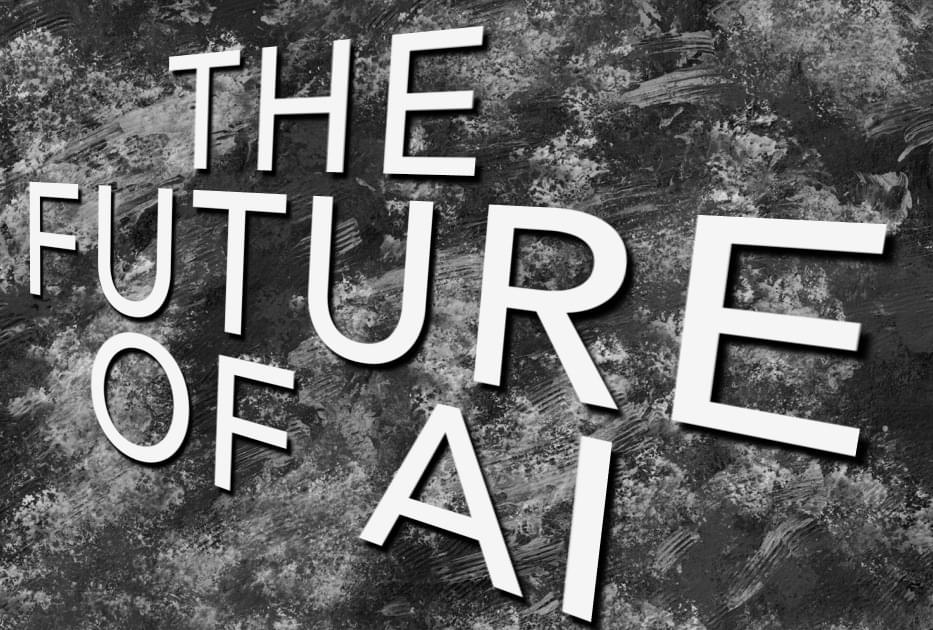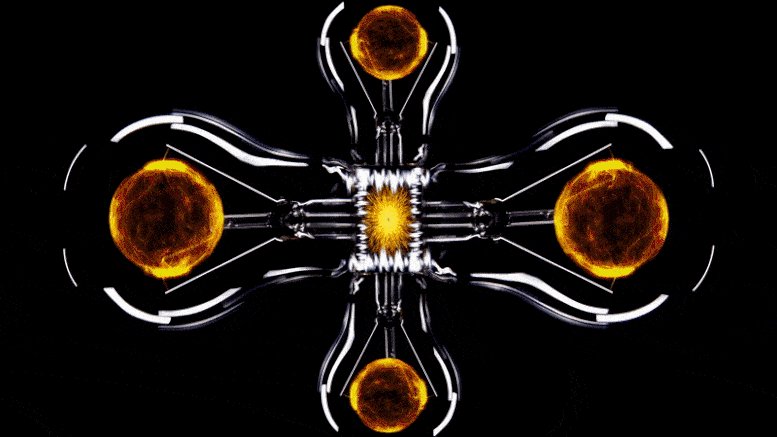EPISODE DISCLAIMER — The views and opinions expressed in this episode are those of the guest and do not necessarily reflect the views or positions of any entities they represent.
Dr. Devi SenGupta, MD, MPhil, is Executive Director of Clinical Development at Gilead Sciences (https://www.gilead.com/), where she leads the company’s HIV cure development program and during her time at the company has led multiple HIV treatment and cure studies. As head of the HIV cure program, she provides strategic direction for cross-functional internal teams and external multi-stakeholder collaborations developing combination approaches aimed at achieving long-term HIV remission.
Before joining Gilead in 2015, Dr. SenGupta was a physician scientist leading translational HIV immunology research as an Assistant Professor at the University of California, San Francisco (UCSF). Her NIH-funded program focused on identifying novel strategies to enhance cellular immunity against HIV.
Dr. SenGupta received her Bachelor of Arts in psychology and biology at Harvard University, MPhil. in neuropsychology at Cambridge University, UK, and MD at the University of Washington School of Medicine. She completed her internal medicine residency at Johns Hopkins Hospital and infectious diseases fellowship at UCSF.








